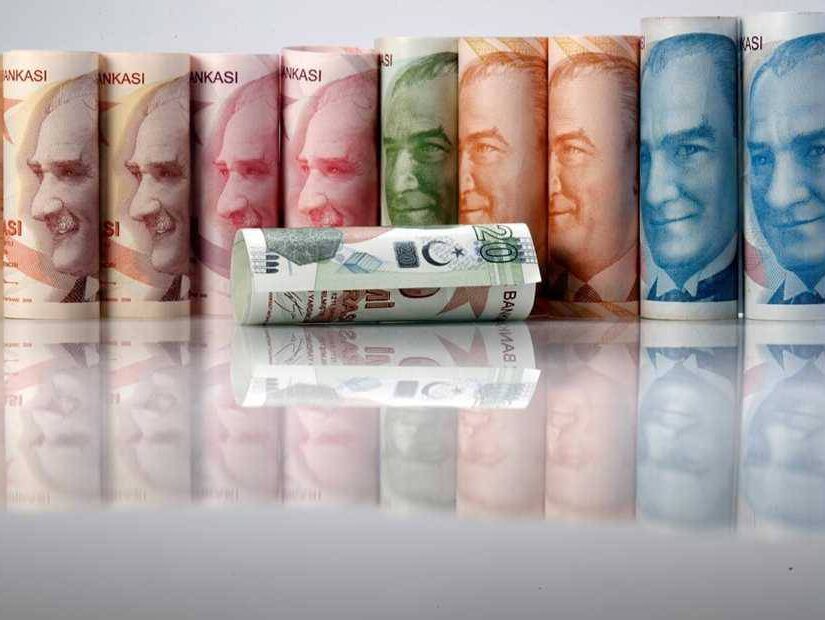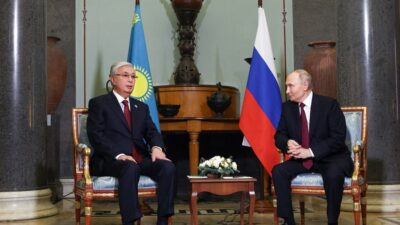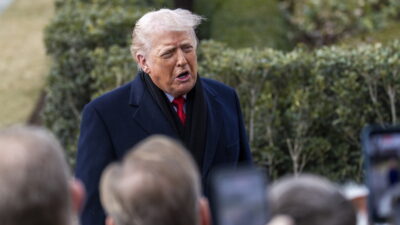Giorgos Iliopoulos: Erdogan’s army can not battle markets
03/10/2020
In the background of this incredible chaos in North Africa, the Eastern Mediterranean and the Middle East, one factor is dominant, which has been Greece’s worst enemy during the 2009-2010 bankruptcy period and is none other than global markets. This time, however, it proves to be the best and strongest ally of Greek interests, systematically and ruthlessly destroying Turkey, with the sole motive of profit.
Following the coup attempt, Turkey’s president is stepping up his efforts to Islamize the country, following in the footsteps of General Zia ul-Haq, 1978-1988, in Pakistan. Its course raises serious concerns among Western allies who are witnessing a dangerous turn towards totalitarianism, with mass persecutions of political opponents, large-scale purges of the armed forces, and restrictions on freedoms.
In fact, with the entry of his friend (as he claims) Trump in the White House, the efforts intensified with the main characteristics of the concentration of legislative and judicial powers in the government, i.e. executive, the control of all big companies, as well as the press and mass media. At the same time, Turkey’s aggression in North Africa, the Eastern Mediterranean, and the Middle East is escalating.
Extremely fluid conditions and the continuing deterioration of Turkey’s relations with its Western allies are reflected in the behavior of international investors, who are also concerned about the impossibility of carrying out serious economic and legal reforms. In the months following the coup attempt in 2016, the rating agencies S&P Global Ratings, MOODY’S and FITCH downgraded Turkey in terms of divestment, giving the first signal for the unblocking of foreign investment funds from the Turkish economy.
Erdogan’s capital error
During this period, Erdogan committed another major mistake by delegating supremacy to his son-in-law (a rather ignorant and incompetent man), who was appointed finance minister and taking complete control of the country’s central bank. During the summer of 2018, the first major market attack took place, on the occasion of a jailed, by the Turkish regime, American pastor whose immediate release was demanded by the White House, threatening with severe sanctions if the Erdogan regime did not satisfy the demand.
Eventually the worst was averted and the situation appeared to be balancing out. However, in November 2019, at an international financial meeting on investments in Turkey, the signal was given for massive liquidations and divestment, due to the fact that the country’s bankruptcy was assessed as an impending accident with grave consequences. Attacks on the Turkish currency, bonds, and derivative financial products followed, with the downgrades cascading one after another.
At this stage, the Turkish president was preoccupied by a delusion of Islamic nationalism, accusing all the countries of the West, but also most of the Middle East, of organizing conspiracies to destroy his country, eyeing its wealth and achievements. His desperate efforts to persuade mainly the domestic public, at a time when Turkey is rapidly moving towards a situation similar to Venezuela, have yet to bcome visible in terms of expected results, although at this stage any predictions, beyond the obvious risk of bankruptcy, becomes practically impossible.
Unexpected allies and powerful enemies
With the incredible chaos cretaed in North Africa, the Eastern Mediterranean and the Middle East, markets have begun to systematically and ruthlessly destroy Turkey, with the sole motive of profit.
During the summer, the relentless attack on the Turkish lira escalated, perhaps the most iconic part of this conflict – and perhaps the only real war facing Erdogan – nullified any credibility of the country. With Goldman Sachs setting a target price for the Turkish currency at 7.75: 1 against the US dollar within two months (price recorded earlier, before the end of September), a new blow came from the FITCH rating agency, which, two days later, downgraded the Turkish economy by one notch and the systemic banks by two.
This means that the Turkish economy is estimated to have entered a negative field due to the lack of foreign exchange reserves, with the result that the markets are moving aggressively against the currency, bonds, and other derivative financial products tied to Turkey, such as CDS risk premiums.





